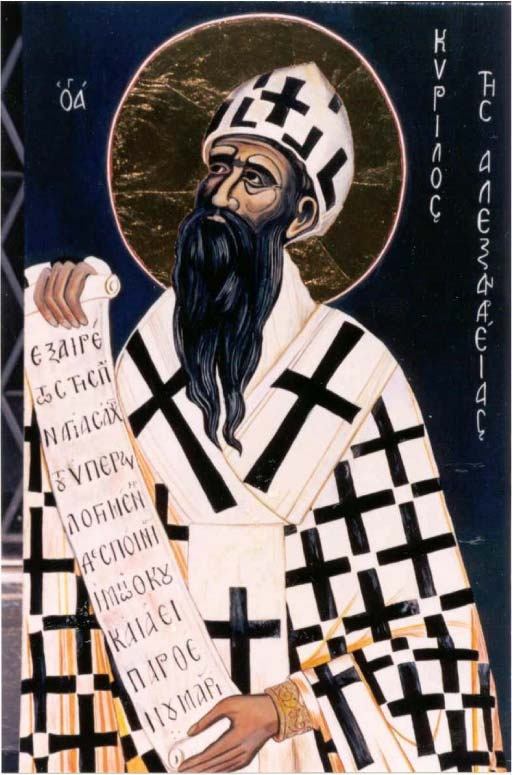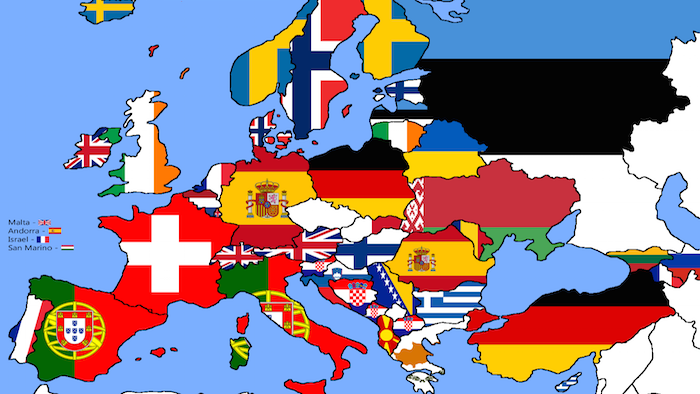I find the respondents’ reactions to date odd; but then again, I wasn’t attracted to Quora because it was a walled garden. I’m grateful that the stuff I write on Quora gets higher ranking in Google than what I’ve written outside Quora, and I’m annoyed that outsiders have to jump through hoops to get to it.
I’m more of an old school internet person, and I agree with those who think walled gardens compromise the integrity and the usefulness of the web. Hyperlinks are the point of it. Hyperlinks in, and hyperlinks out, and the free flow of information in between.
And the biggest annoyance about Quora being a walled garden? I’m not convinced it’ll be around in five years. And archive.org has no reach into it. Everything we do and are is a sand mandala; but walled gardens are that much more perishable. And that much less impactful.


